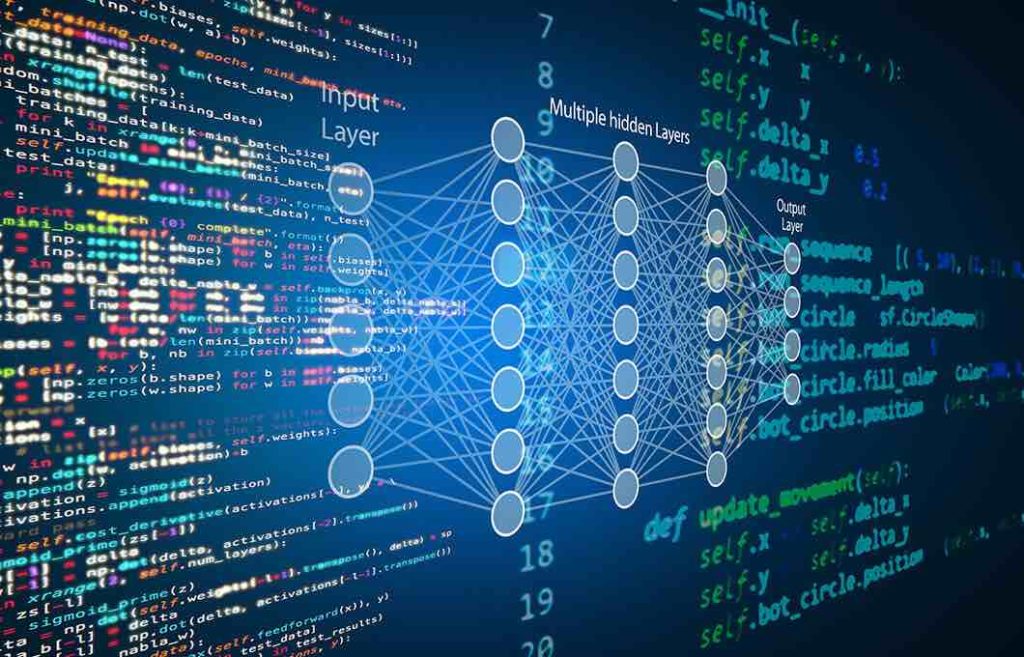
In our data-driven age, the demand for professionals who can turn raw information into actionable insights is greater than ever. This has led to the emergence of various degree programs tailored to meet the evolving needs of the industry. Among them, data science, data analytics, and business analytics are three prominent fields, each with its unique focus and skill set. In this blog article, we’ll delve into the key differences between these programs to help you make an informed choice for your educational and career path.
Data Science: Unleashing the Power of Data
Definition: Data science is an interdisciplinary field that combines statistics, computer science, and domain-specific knowledge to extract meaningful insights from complex and unstructured data. It encompasses data cleaning, exploration, modeling, and interpretation.
Focus: Data science is all about discovery. It seeks to answer questions by exploring data and often involves predictive modeling and machine learning. Data scientists are typically involved in research and developing algorithms to uncover hidden patterns and make predictions.
Skills: Students pursuing a degree in data science gain expertise in programming (e.g., Python, R), data manipulation, statistical analysis, machine learning, and data visualization.
Applications: Data science finds applications in diverse industries, including finance, healthcare, e-commerce, and more. It is ideal for those who want to dive deep into data and are passionate about solving complex problems.
Data Analytics: Transforming Data into Actionable Insights
Definition: Data analytics focuses on examining historical data to identify trends, draw conclusions, and support decision-making. It involves the application of statistical and analytical techniques to solve specific business problems.
Focus: Data analytics is primarily concerned with optimizing processes and making data-driven decisions. Analysts work on descriptive and diagnostic analysis, helping organizations understand what has happened and why.
Skills: A degree in data analytics typically emphasizes skills in data cleaning, data visualization, statistical analysis, and the use of tools like Excel, Tableau, or Power BI.
Applications: Data analytics is applied in various industries for performance optimization, marketing, customer segmentation, and more. It’s a good fit for those who want to bridge the gap between data and business outcomes.
Business Analytics: Bridging Data and Strategy
Definition: Business analytics is a subset of analytics that focuses on applying data-driven insights to strategic decision-making within an organization. It blends elements of data science and data analytics with a specific business-oriented approach.
Focus: Business analytics seeks to align data-driven insights with business objectives. It involves forecasting, optimization, and prescriptive analysis, helping organizations make informed decisions to achieve their goals.
Skills: Business analytics degree programs equip students with skills in data modeling, data visualization, data management, and business strategy.
Applications: Business analytics is integral to industries such as finance, marketing, supply chain management, and operations. Graduates in this field play a pivotal role in guiding business strategies.
Choosing the Right Path for You
In summary, the choice between data science, data analytics, and business analytics depends on your interests, career goals, and the specific problems you want to solve. Data science is ideal for those who relish the technical and algorithmic aspects of data analysis. Data analytics suits individuals interested in using data to optimize processes and make data-driven decisions. Business analytics is tailored for those who want to merge data analysis with strategic decision-making, shaping the direction of organizations.
As you consider your options, keep in mind that these fields often overlap, and professionals with expertise in one area can transition into another with additional training and experience. Whichever path you choose, the world of data is at your fingertips, and your skills will be in high demand as organizations continue to harness the power of data to drive innovation and success.
Contact us to find out which programs suits you better and what are your study options!

